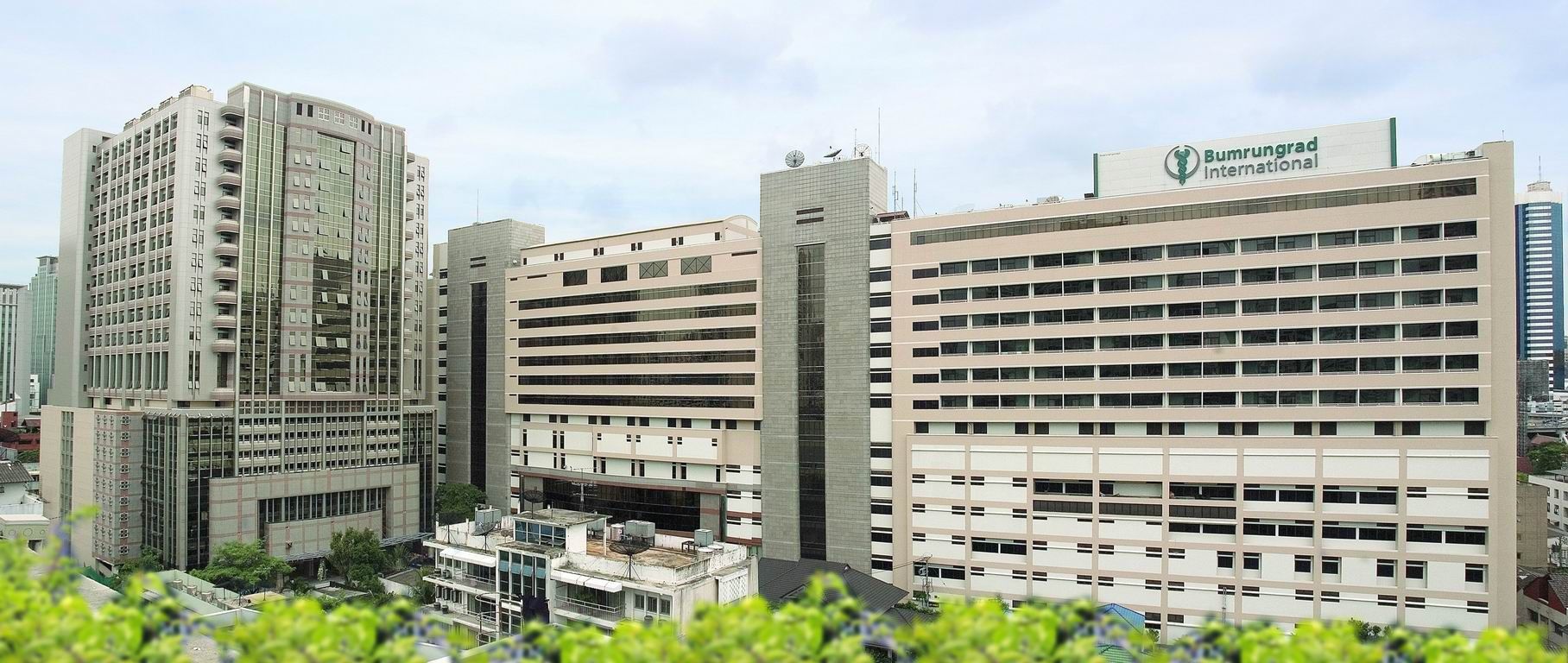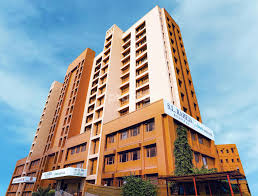Dental
Removing Wisdom Teeth Treatment
Removing Wisdom Teeth
Wisdom tooth removal is the surgical process for removing one or more wisdom teeth. If a wisdom tooth doesn't have enough space to grow, which causes an infection, pain, or any other dental problems, the patients are more likely to undergo wisdom teeth removal.
What is the Removal of Wisdom teeth?
Wisdom tooth removal is the surgical process for removing one or more wisdom teeth (the four permanent adult teeth located at the back corners of the people’s mouth on the top and bottom). If a wisdom tooth doesn't have enough space to grow (this condition is also called an impacted wisdom tooth), which causes an infection, pain, or any other dental problems, the patients are more likely to undergo wisdom teeth removal. Wisdom tooth removal can be performed either by an oral surgeon or by a dentist. For preventing any potential future risks and problems, some of the oral surgeons and dentists and suggest the wisdom tooth removal even if the impacted teeth are not currently resulting in the problems. Wisdom tooth removal can be carried out either by a specialist surgeon or by a dentist working in the hospital. If the dentist advised the patients for the wisdom teeth removal, the dentist will take out an X-ray of the patient’s mouth for helping them to determine who should carry out the wisdom teeth removal procedure.
Why are the Wisdom teeth removed?
The patient’s wisdom teeth do not generally require to be removed even if they are impacted but are not causing any problems. This is because there's no proven benefit of performing wisdom teeth removal and the wisdom teeth removal carries the risk of complications.
Occasionally, wisdom teeth that have become impacted or have not fully broken through the surface of the gum can result in dental problems. Bacteria and food can get trapped around the edge of the wisdom teeth, resulting in a build-up of plaque, which can lead to:
- Decay of tooth
- Gum disease
- Pericoronitis: When plaque results in an infection of the soft tissue that is surrounding the tooth.
- Cellulitis: A bacterial infection in the throat, cheek, or tongue.
- Abscess: A collection of pus in the patient’s wisdom teeth or the surrounding tissue due to the bacterial infection.
- Cysts and benign growths: It is very rare, a wisdom tooth that has not been cut through the gum develops a cyst.
- Many of these problems can be treated with the help of the antiseptic mouthwash and antibiotics.
- Wisdom teeth removal is generally advised when other treatments do not work.
Risks of undergoing wisdom teeth removal
Most wisdom teeth removal does not cause any long-term complications. However, the extraction of the impacted wisdom teeth sometimes needs a surgical approach that involves making a cut in the gum tissue and thus removing the bone. It is very rare, but the complications can include the following:
- Painful dry socket, or exposure of bone when the post-surgical blood clot is lost from the area of the surgical wound.
- Infection in the socket due to trapped food particles or bacteria.
- Damage caused to the nearby sinuses, teeth, nerves, or jawbone.
Wisdom Teeth Removal Treatment
Before the surgery
The patients will meet with the oral surgeon to talk about the process. At this appointment,
- The patients should talk about any of the health problems they have.
- The patients should list the drugs they take on a regular basis.
- The patients should ask any questions they have regarding the surgery.
- The patients must discuss what type of anesthesia they will have. The patients can either be asleep or numb during the surgery.
During the surgery:
- Before the surgery, the operation is generally explained to the patients.
- The patients are generally given a local anaesthetic injection to numb the surgical site around the tooth.
- The patients may experience some pressure just before the tooth is being removed, as the patient’s oral surgeon or the dentist needs to widen the tooth socket by rocking the tooth front and back.
- A small incision in the gum is sometimes necessary, and the tooth may be required to be cut into the smaller pieces before the tooth is being removed.
- The removal of the wisdom tooth usually takes from a few minutes to 20 minutes, or sometimes even longer.
- After the wisdom teeth have been removed, the patients may have discomfort and swelling, both outside and inside the mouth.
- Sometimes, some mild bruising may also be visible. This generally gets worse for the first 3 days after the surgery, but it can last up to 2 weeks.
After Surgery
- Every patient responds differently to the anaesthesia.
- If the patient had a local anaesthetic and felt alert, they might be able to drive home to begin their recovery.
- The patients might even be able to go to their work or perform their day to day activities.
- If the patients had general anaesthesia or they still feel drowsy, the patients will require someone to drive them home.
- Most people experience no pain after the procedure.
- The patients are likely to have mild discomfort and swelling for at least 3 days or so.
- The patient’s mouth may require a few weeks to completely heal.
- The patients must follow the doctor’s instructions for a quicker recovery.
Do's
- The patients must use an ice pack on their face to curb swelling on the face or skin color changes.
- The patients must use moist heat for a sore jaw.
- The patients must gently close and open their mouth to exercise their jaw.
- The patients must eat soft foods like soup, pasta, or rice.
- The patients must drink plenty of fluids.
- The patients must brush their teeth starting the second day. They must not brush against any blood clots.
- The patients must take the drugs as prescribed by the doctor to ease swelling or pain.
Don’ts
- The patients must not drink through a straw. Sucking may loosen blood clots that are helping the mouth to heal.
- The patients must not rinse their mouth too harshly. The doctor may recommend rinsing gently with the help of saltwater.
- The patients must not eat hard, crunchy, or sticky foods that may cause scratches on their wounds.
- The patients must not smoke. Smoking can result in slow healing.
Best Hospitals for Removal of Impacted Wisdom Teeth
- Artemis Hospital, Gurgaon
- Medanta The Medicity, Gurgaon
- Fortis Memorial Research Institute, Gurgaon
- Max Hospital, Saket New Delhi
- BLK-Max Super Speciality Hospital, Delhi
Best Doctors for Removal of Impacted Wisdom Teeth
- Dr. Anjana Satyajit
- Dr. Ankur Rustagi
- Dr. Amit Mohan
- Dr. Mridul Seth
- Dr. Neetu Kamra
Why Choose GetWellGo for Removing Wisdom Teeth Treatment?
The selection of a provider for removing wisdom teeth should therefore be very well done to avoid complications, discomfort and inefficiency. Here are some reasons why GetWellGo might be a preferred choice for this procedure:
- Expert Dental Surgeons
- State-of-the-Art Facilities
- Affordable and transparent Pricing
- Post-Operative Care
- Visa Assistance
- Travel and Accommodation Services
- Language Support
FAQ
1. How effective is the removal of the wisdom teeth?
- Due to the high level of expertise, the success rate is 95-98% and the majority of operations are performed without complications.
- Procedural factors include endoscopic equipment and expertise of surgeons and techniques used to boost the results.
2. How long does recovery take?
Initial Recovery:
- Normally, the inflammation and redness decrease after 3-5 days, but extreme care must be taken not to overwork the joints.
Complete Healing:
- Healing of mainly soft tissues takes approximately about 1-2weeks.
- Bone healing might take up to 6 months but is not as functional because intraosseous masses get along well.
3. What are the signs of a successful recovery?
- Decreased oedema and inflammation.
- Infection related indicators: No signs of infection (pus, redness beyond what is expected).
- Speaking and returning to a normal diet within one week.
TREATMENT-RELATED QUESTIONS
GetWellGo will provide you end-to-end guidance and assistance and that will include finding relevant and the best doctors for you in India.
A relationship manager from GetWellGo will be assigned to you who will prepare your case, share with multiple doctors and hospitals and get back to you with a treatment plan, cost of treatment and other useful information. The relationship manager will take care of all details related to your visit and successful return & recovery.
Yes, if you wish GetWellGo can assist you in getting your appointments fixed with multiple doctors and hospitals, which will assist you in getting the second opinion and will help you in cost comparison as well.
Yes, our professional medical team will help you in getting the estimated cost for the treatment. The cost as you may be aware depends on the medical condition, the choice of treatment, the type of room opted for etc. All your medical history and essential treatment details would be analyzed by the team of experts in the hospitals. They will also provide you with the various types of rooms/accommodation packages available and you have to make the selection. Charges are likely to vary by the type of room you take.
You have to check with your health insurance provider for the details.
The price that you get from GetWellGo is directly from the hospital, it is also discounted and lowest possible in most cases. We help you in getting the best price possible.
No, we don't charge patients for any service or convenience fee. All healthcare services GetWellGo provide are free of cost.
Top Doctors for Dental
Top Hospitals for Dental
Contact Us Now!
Fill the form below to get in touch with our experts.



